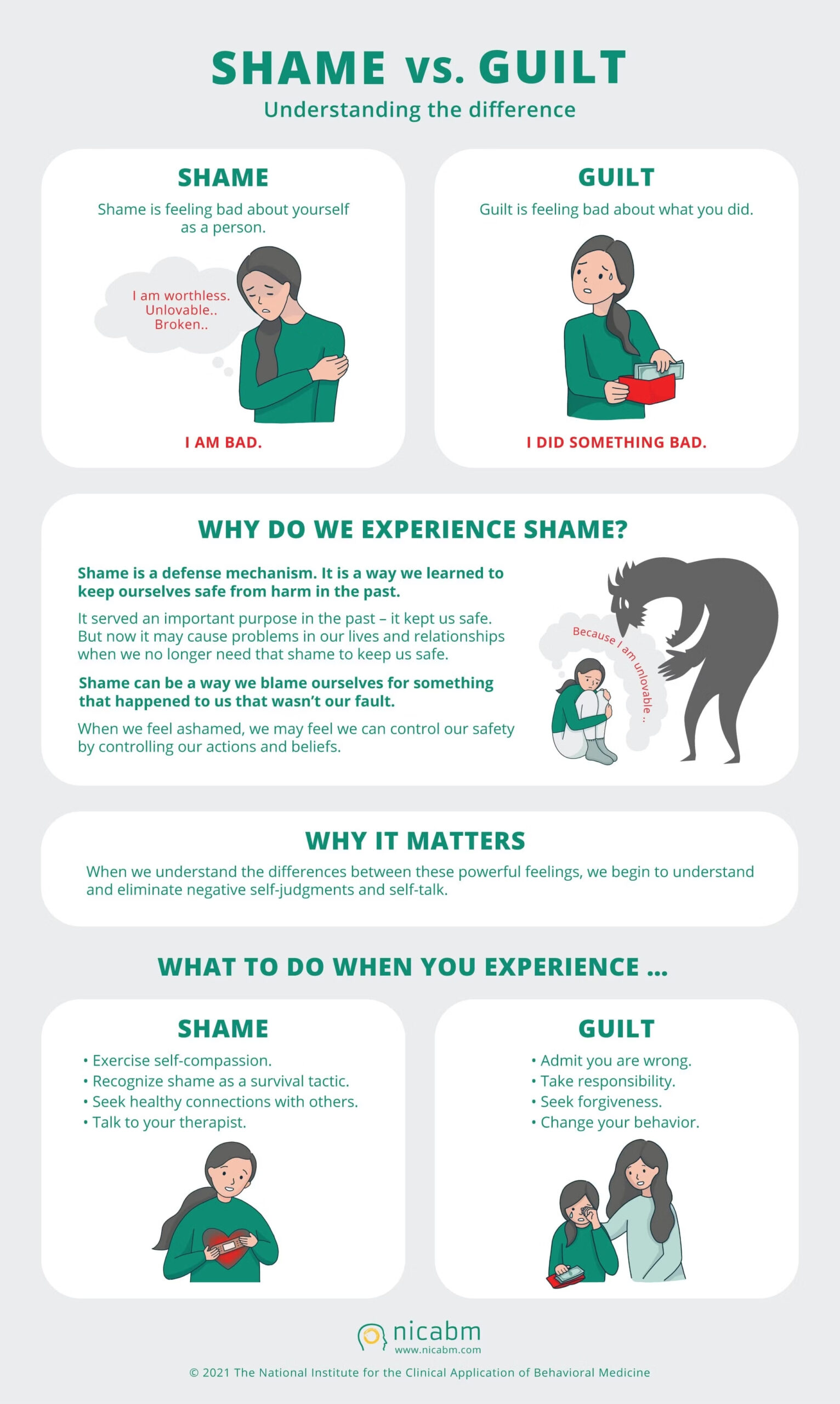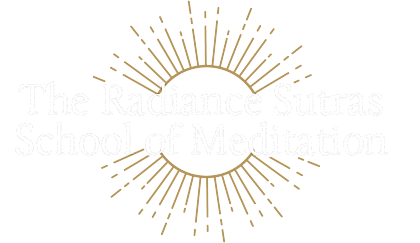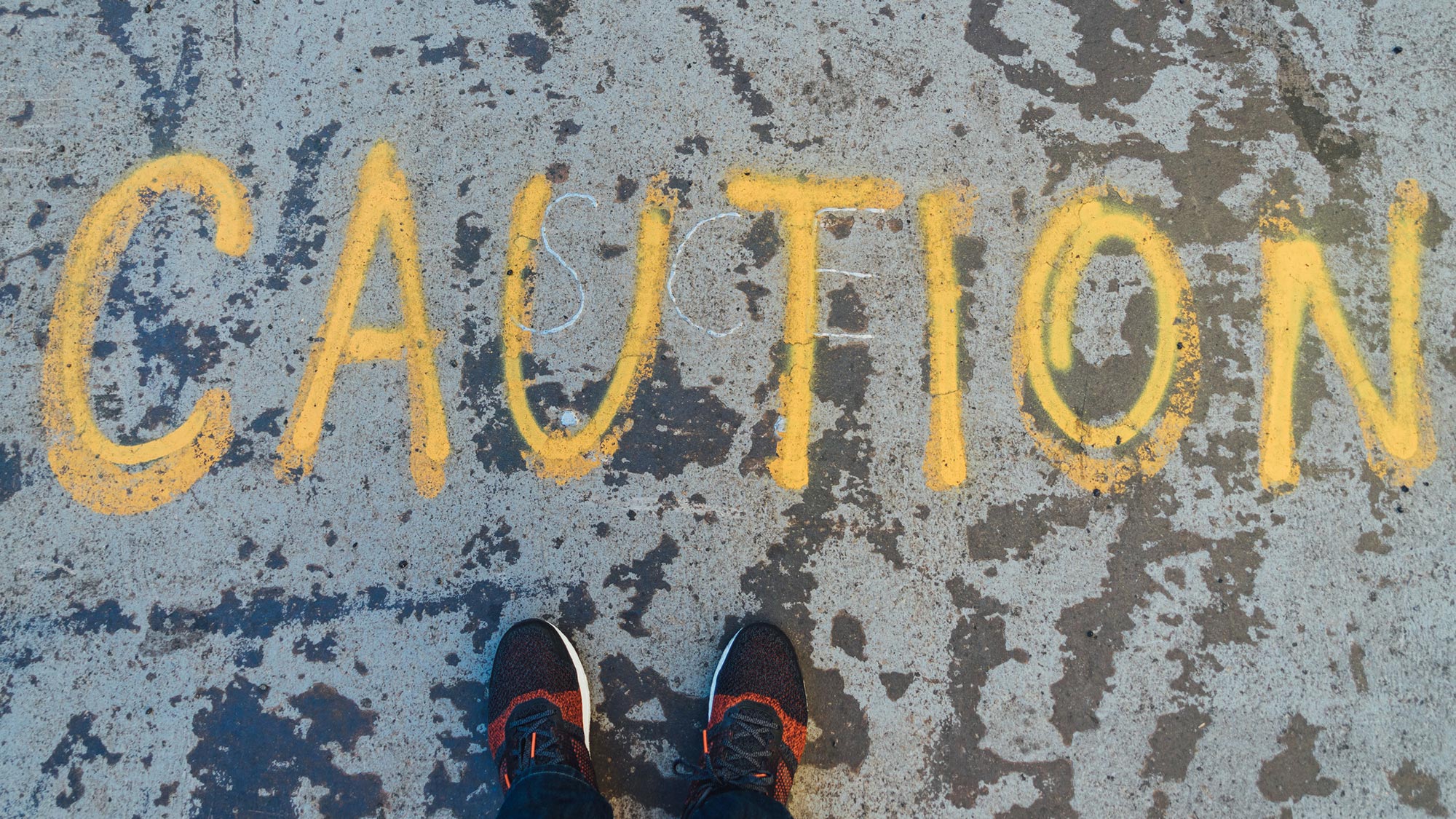I wonder if we can "transcend" with shame — go into it so deeply that our relationship with the universe is rearranged.
Transcending means we go INTO a perception and feel it thoroughly on every level, then go into the ultimate Source, which is consciousness. Transcending thus involves many different nuances of attention, from acceptance, to wonder, cherishing, inquiring, observing, studying, surrendering, relishing, being absorbed into, and adventuring with. There is a whole skill set here.
With sound, for example mantras, we can transcend by listening to all the levels of resonance, even into the vibrating silence at the basis of sound.
With breathing, we can go into the rhythm of the inflow and outflow, then into the structure of prana in the spacetime continuum itself.
Shame is a perception of our relatedness to the larger spheres of which we are a part. So we can dive into this awful feeling and see where it takes us.
If shame is the fundamental sense of being flawed, unworthy, essentially defective, then to go deeply into this will feel like dying. Being cast out not only of the human family, one's tribe, but also cast out of the universe.
If we meditate on this existential sense, because it is so intolerable, we are forced to die and be reborn. To make a fresh start.
Here are some of the key emotional descriptors that commonly accompany shame:
Core Feelings of Shame- Humiliated – a feeling of being exposed or disgraced
- Embarrassed – a milder form of shame, often tied to social discomfort
- Unworthy – a sense of not deserving love, respect, or belonging
- Defeated – feeling like a failure, unable to redeem oneself
- Inadequate – believing oneself to be not good enough
- Inferior – a comparison-based feeling of being lesser than others
- Self-conscious – an acute awareness of how one is perceived by others
- Disgraced – carrying the weight of a moral or social transgression
- Flushed – warmth or redness in the face, as if exposed
- Collapsed – a sinking feeling in the chest or gut
- Small – a sensation of shrinking or wanting to disappear
- Heavy – as though burdened by an unseen weight
- Nauseated – queasiness, sometimes tied to disgust with oneself
- Self-blaming – “I should have known better.”
- Self-loathing – “I’m worthless.”
- Catastrophizing – “Everyone must think I’m terrible.”
- Perfectionistic – “If I were better, this wouldn’t have happened.”
- Hypercritical – “I always mess things up.”
- Rejected – feeling abandoned or unwanted
- Excluded – a sense of being cast out or unwelcome
- Judged – believing others see you as flawed
- Exposed – feeling as though one’s faults or secrets are on display
- Unforgivable – believing there’s no way to make amends
- Guilt – remorse over actions, often paired with shame but distinct from it
- Anxiety – fear of being judged, ridiculed, or cast out
- Loneliness – a sense of disconnection due to feeling unworthy
- Sadness – grief over perceived personal failures
- Anger (at self or others) – frustration, either inwardly directed or toward those who induced shame
- Resentment – if shame is imposed by external forces unfairly
Shame can be a powerful force, shaping identity, behavior, and even bodily responses. Understanding its full emotional landscape can help in navigating, healing, and transforming it.
Guilt is the feeling, "I have done something wrong."
Shame is the feeling that I AM wrong. "I am fundamentally flawed, unworthy, defective."
You will encounter both of these if you meditate, and although they are toxic if blocked out, the toxin can turn to medicine if you manage to find a way to work with them.
Any time we relax and let go of chronic tension, and allow our bodies to enter rest and recovery mode, we are inviting deep feelings to come to the surface to be attended to. So even though when these feelings arise, it's devastating and we feel like a failure, it is a win. Guilt is a call to action, and sometimes we can make amends. Shame is a call to exploration and a powerful psychedelic, for we are reduced to a speck of dirt, no matter how wonderful our outer life.
Shame is "the hidden emotion," and so good at hiding that it eluded even psychologists for many years.
This chart is so good:








